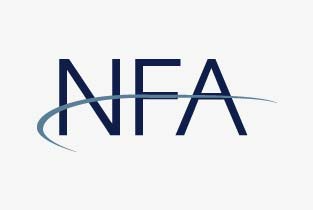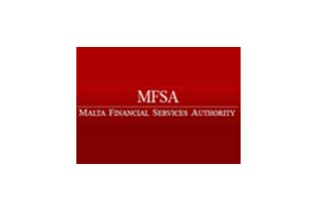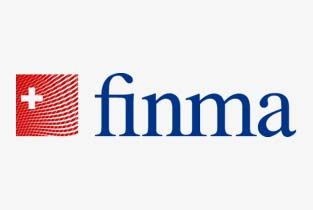










National Futures Association (NFA)
NFA regulates U.S. derivatives markets to safeguard investors and ensure transparency.
Tags:Forex RegulationBasic Information
The National Futures Association (NFA) is an independent self-regulatory organization (SRO) overseeing the U.S. derivatives industry, including futures, forex, and over-the-counter (OTC) swaps. Established in 1982 and headquartered in Chicago, Illinois, with a secondary office in New York City, the NFA operates under the oversight of the Commodity Futures Trading Commission (CFTC). It is a non-profit entity funded by membership dues, fees, and assessments, ensuring no taxpayer costs. The NFA’s mission centers on safeguarding market integrity, protecting investors, and enforcing compliance among its members.
Historical Background
The NFA was authorized by the Commodity Exchange Act of 1974 and formally designated as a “registered futures association” by the CFTC in 1981. It began regulatory operations in 1982, consolidating self-regulatory responsibilities for derivatives markets. The creation of the NFA aimed to standardize ethical practices, enhance investor protection, and streamline industry oversight, reducing reliance on fragmented exchange-specific regulations.
Legal Authority and Regulatory Framework
The NFA derives its authority from the CFTC under the Commodity Exchange Act. Key mandates include enforcing CFTC regulations, developing industry rules, and ensuring member compliance. Its jurisdiction covers entities such as Futures Commission Merchants (FCMs), Retail Foreign Exchange Dealers (RFEDs), Commodity Trading Advisors (CTAs), and Swap Dealers (SDs). The NFA maintains stringent capital requirements, including a $20 million adjusted net capital threshold for RFEDs, and mandates segregated client funds.
Core Responsibilities and Scope
The NFA’s primary functions include:
- Registration: Mandatory registration for firms and individuals in derivatives trading, including background checks.
- Rulemaking and Enforcement: Establishing industry standards, conducting audits, and imposing sanctions for violations, such as fines or membership revocation.
- Investor Protection: Offering resources like the BASIC database for public due diligence and resolving disputes via arbitration.
- Market Surveillance: Monitoring trading activities to detect fraud or manipulation.
- Education and Outreach: Providing training programs for members and global regulators.
Its regulatory scope spans retail forex, futures, and swaps, with a focus on entities serving U.S. clients.
Contact Information
Headquarters:
320 South Canal Street, Suite 2400
Chicago, IL 60606
Phone: 312-781-1300 | Fax: 312-781-1467
New York Office:
200 Liberty Street, Suite 2800
New York, NY 10281
Phone: 212-608-8660 | Fax: 212-964-3913
Information Center:
Hours: 8:00 a.m. – 5:00 p.m. CT (Mon-Fri)
Phone: 312-781-1410 or 800-621-3570
Email: [email protected]
Media Inquiries:
Joseph McCarthy, Senior Communications Manager
Phone: 312-781-1357 | Email: [email protected]
How to Verify Regulatory Status
- Visit the NFA’s BASIC system at nfa.futures.org/basicnet.
- Search by Firm Name or NFA ID (e.g., “OANDA” or “0325821”).
- Confirm the firm’s Membership Status displays “NFA Member Approved.”
- Check the CFTC Registered section for “Retail Foreign Exchange Dealer” (RFED) status, essential for forex brokers.
- Cross-validate the firm’s name, address, and NFA ID against its official website.






